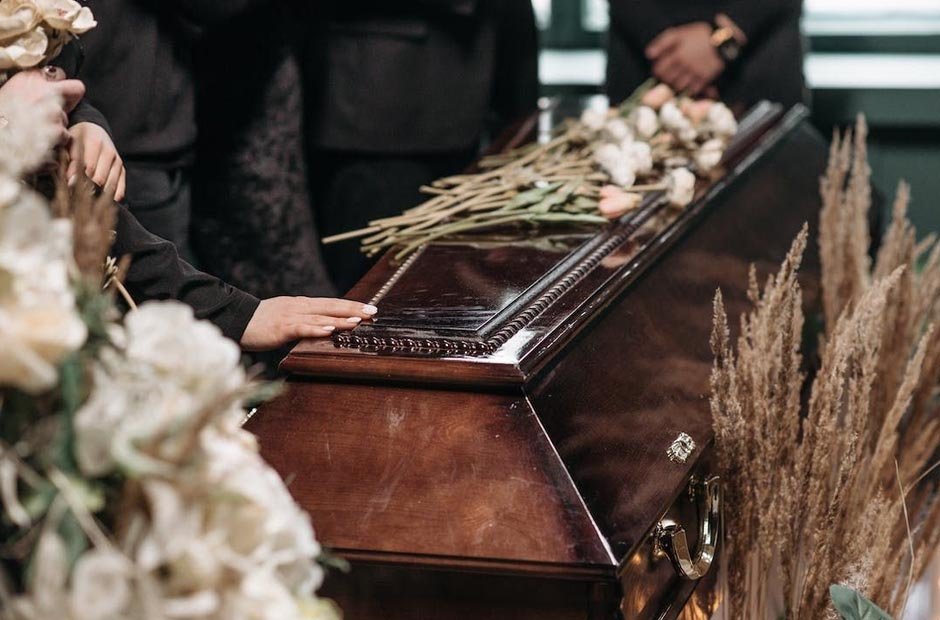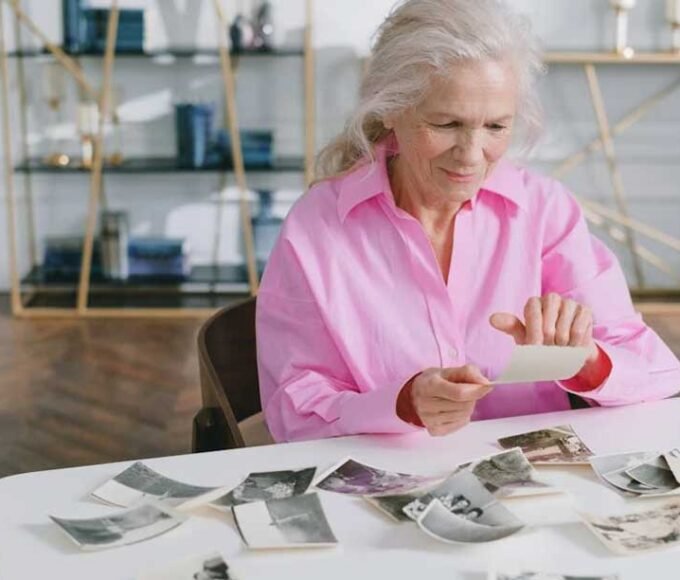Attending a funeral for the first time can be a solemn and emotional experience, filled with uncertainty about what to expect and how to navigate the occasion respectfully. Understanding the customs, traditions, and etiquette associated with funerals can help ease anxieties and ensure that you can offer your support to grieving loved ones appropriately.
Atmosphere of Reverence
Funerals are typically somber events, characterized by an atmosphere of reverence and mourning. As you enter the funeral venue, whether it’s a church, funeral home, or another location, you’ll likely notice subdued lighting, soft music, and an air of solemnity. Attendees are expected to maintain a respectful demeanor throughout the service, refraining from loud conversations or distracting behavior. For many people, the emotional weight of the occasion can be overwhelming, especially if it’s their first experience with death and loss. It’s essential to allow yourself to feel and process your emotions while also offering support to others who may be grieving more deeply. Remember that it’s normal to feel a range of emotions, from sadness and sorrow to empathy and reflection.
Funeral Service Protocol
Funeral services often follow a structured format, including elements such as readings, prayers, eulogies, and musical tributes. These components are designed to honor the life of the deceased, offer comfort to mourners, and provide closure for family and friends. As a first-time attendee, you may be unfamiliar with the order of events or the appropriate responses during the service. It’s helpful to familiarize yourself with the basic protocol of a funeral service beforehand, if possible. You can ask the funeral director or a trusted friend or family member for guidance on what to expect and how to participate respectfully. In general, attendees are expected to listen attentively, participate in prayers or hymns as appropriate, and offer condolences to the bereaved following the service.
Dress Code and Attire
One of the most common questions for first-time funeral attendees is, “What should I wear?” While funeral attire can vary depending on cultural and religious customs, as well as the preferences of the deceased and their family, there are some general guidelines to keep in mind. Traditionally, mourners wear dark, conservative clothing as a sign of respect for the deceased and their family. If you’re unsure about what to wear to a funeral, opt for understated attire in neutral colors such as black, gray, or navy blue. Avoid flashy or overly casual clothing, such as bright colors, bold patterns, or denim. Women may choose to wear a modest dress or skirt and blouse, while men typically opt for a suit or dress pants and a collared shirt. Comfortable, closed-toe shoes are also recommended, especially if the service involves standing or walking.
Interacting with Bereaved Family Members
One of the most meaningful ways to offer support at a funeral is by extending condolences and expressions of sympathy to the bereaved family members. However, it’s essential to approach these interactions with sensitivity and empathy, recognizing that each person grieves differently and may have unique needs and preferences. When offering condolences, keep your words simple, sincere, and heartfelt. Express your sympathy for their loss, share fond memories or positive qualities of the deceased if appropriate, and offer assistance or support in any way you can. Avoid clichés or platitudes that may come across as insincere or dismissive of their grief. Simply being present and offering a listening ear can be a source of comfort and solace during this difficult time.
Post-Funeral Gatherings
Following the funeral service, it’s common for family and friends to gather for a reception, meal, or other form of remembrance. These post-funeral gatherings provide an opportunity for attendees to offer additional support and comfort to the bereaved, share memories of the deceased, and find solace in the company of loved ones. If you’re invited to attend a post-funeral gathering, consider it an opportunity to offer practical assistance, such as helping with food preparation or cleanup, or simply providing a compassionate presence to those who are grieving. Be mindful of the emotional tone of the gathering and offer your support in a manner that feels genuine and respectful.
Conclusion
Attending a funeral for the first time can be a deeply emotional and introspective experience, but it’s also an opportunity to honor the life of the deceased, offer support to grieving loved ones, and find comfort in the shared bonds of community and compassion. Funerals are certainly never easy, but when you know how to conduct yourself during and after the services, you can rest assured that you’re offering the bereaved family the support that they need.
















